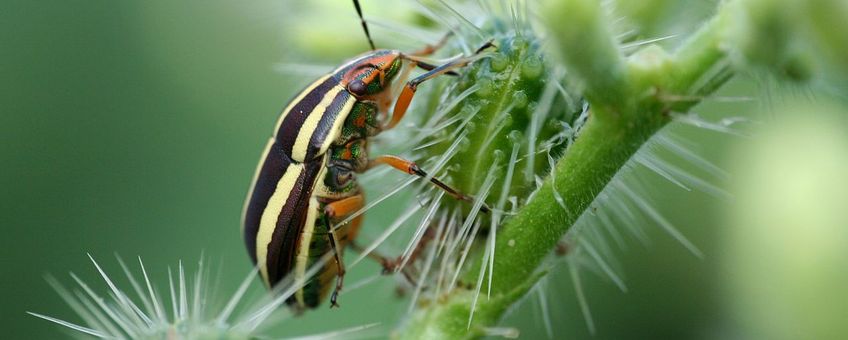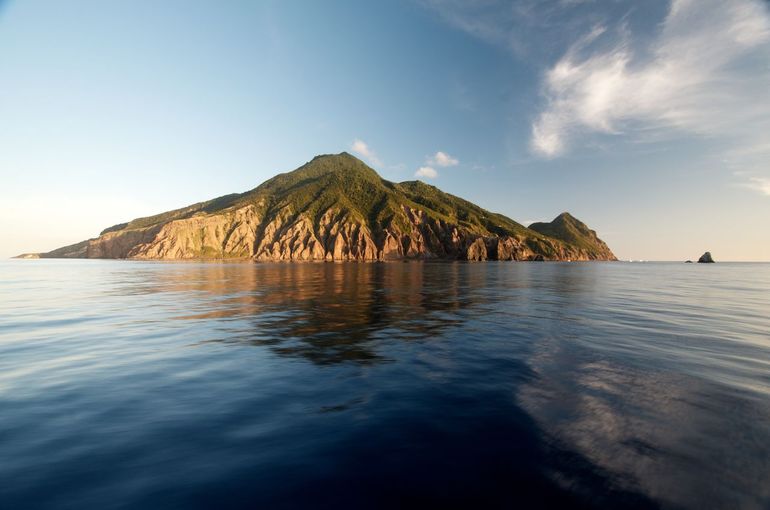
Research and monitoring guidelines for the Dutch Caribbean protected areas
Dutch Caribbean Nature Alliance (DCNA)These guidelines aim to encourage local capacity building, ethical practices, science communication and targeted research on the most pressing conservation issues for managing protected areas. This advice is given to support improved collaboration and communication between (visiting) researchers, students and the local nature (management) organizations in their common goal of safeguarding nature in the Dutch Caribbean.
The Dutch Caribbean, a haven for diverse flora and fauna, faces challenges from local, regional, and global threats. Recognizing the importance of preserving these natural resources and the essential role of research and monitoring in this, the Dutch Caribbean Nature Alliance (DCNA) and its network partners Fundacion Parke Nacional Aruba (FPNA), STINAPA Bonaire, CARMABI Curaçao , Saba Conservation Foundation (SCF), Nature Foundation St. Maarten (NFSXM), St. Eustatius National Parks (STENAPA), developed guidelines for research and monitoring initiatives. These guidelines aim to bridge the gap between foreign research institutions, funders and local organizations, fostering effective conservation practices encouraging researchers to take the local context and needs into consideration.

Roadmap
The guidelines are like a roadmap for setting up and conducting research projects in the Dutch Caribbean. These guidelines have a few goals. First of all, to support research and monitoring in the region by creating a resource where all the recommendations and wishes of the nature conservation management organizations can be found. Second, to promote local capacity building such as training of local staff and build on social and technical infrastructures. Third, to encourage ethical practices while conducting research considering the local context. Lastly, to promote the sharing of research project information and results and to enhance science communication and outreach to a diverse group of stakeholders such as other members of the scientific community, local nature conservation organizations, policy makes and the inhabitants of the islands. This way, anyone interested can learn and use the valuable work being done to protect the unique plants and animals of the Dutch Caribbean.
Working together
Understanding the state of nature through research and monitoring is crucial for efficient and effective management and protection. Nature conservation (management) organizations’ staff (biologists and rangers) and (citizen) scientists from all over the world provide invaluable support by gathering knowledge about these complex and fragile ecosystems. Collaboration and communication between all involved stakeholders is of the utmost importance in the common goal to safeguard nature in the Dutch Caribbean for the wellbeing of future generations.
DCNA
The Dutch Caribbean Nature Alliance supports (science) communication and outreach in the Dutch Caribbean region by making nature related scientific information more widely available through amongst others the Dutch Caribbean Biodiversity Database, DCNA’s news platform BioNews and through the press. No rights can be derived from the content. DCNA is not liable for the content and the in(direct) impacts resulting from publishing this article.
More information
- Find the complete Research and Monitoring Guidelines here.
Text: DCNA
Photo's: Diego Marquez (lead photo); Kai Wulf
